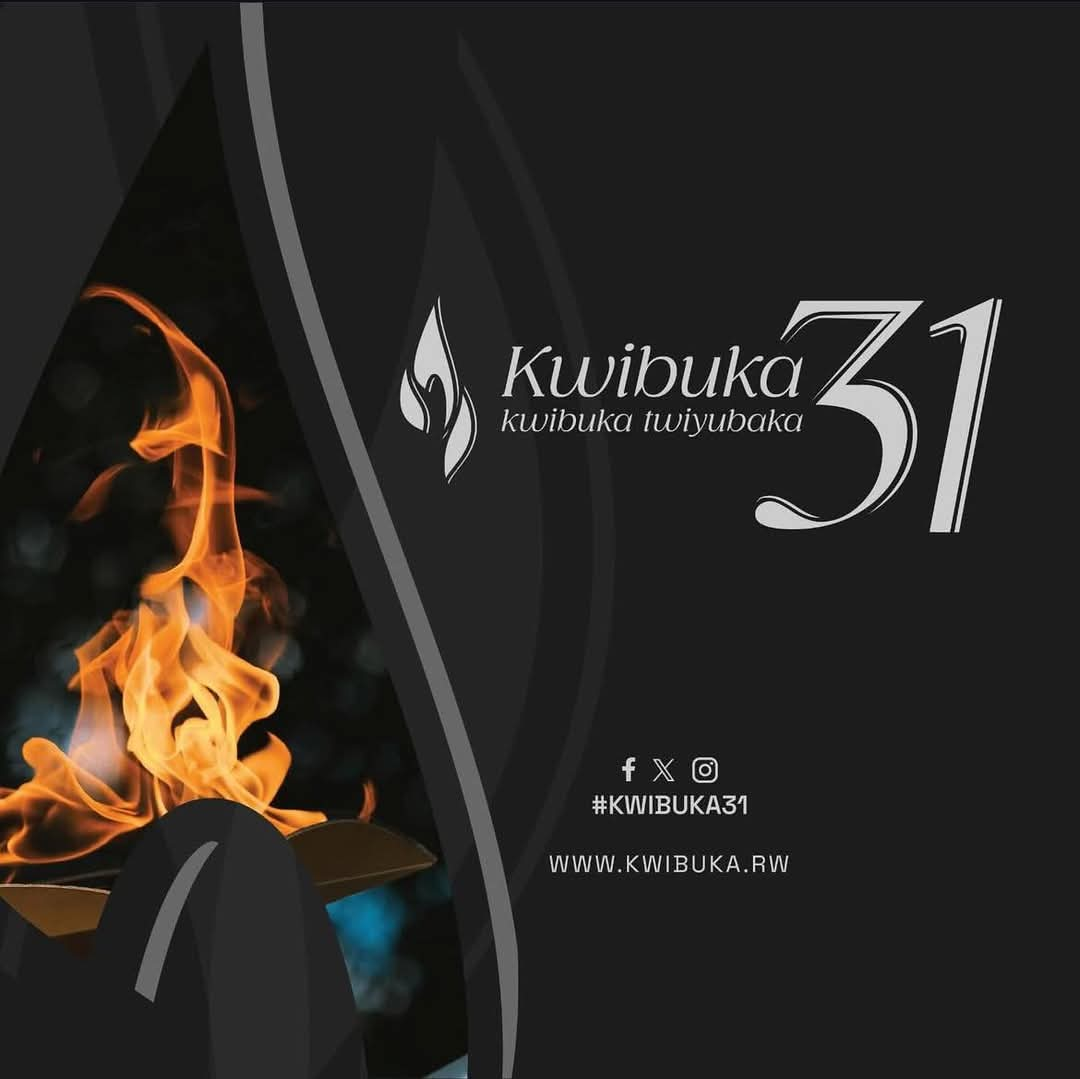Thirty-one years after the 1994 Genocide against the Tutsi, the haunting words “Never Again” ring hollow in the face of ongoing impunity and indifference. Speaking at this year’s Kwibuka 31 conference, former UN Special Adviser on the Prevention of Genocide, Wairimu Nderitu, issued a sobering reminder: more than 1,000 individuals indicted for their role in the genocide remain free. Over half of them—530—are living openly in the Democratic Republic of Congo (DRC), untouched by justice.
“How can we say ‘Never Again’,” Nderitu asked, “when known perpetrators, indicted by the International Criminal Tribunal for Rwanda (ICTR), continue to enjoy freedom under the protection of governments that the world refuses to hold accountable?”
Her words are more than a warning; they are a call to conscience. The continued presence of indicted genocidaires in the DRC, coupled with rising violence and hate speech against Congolese Tutsi communities, exposes a pattern that the world has seen—and ignored—before.
Genocide ideology does not fade on its own. It festers in silence, thrives on denial, and multiplies when justice is delayed. Nderitu points out that victims of genocide are three times more likely to be targeted again, and current events in eastern DRC suggest the cycle of dehumanization and violence is far from broken.
The existence of armed groups like the FDLR—an organization founded by remnants of the genocidal regime—should be an urgent concern for any serious global actor committed to peace and justice.
Yet, as Nderitu noted, there is a troubling effort to downplay their relevance. Media narratives and international diplomacy continue to minimize the FDLR’s influence, even as its core ideology remains intact and its leadership includes individuals with deep knowledge of how to orchestrate mass atrocities.
The international community must do more than gather once a year in solemn remembrance. It must act. This includes renewed pressure on the DRC to extradite indicted individuals, robust support for justice mechanisms, and unequivocal condemnation of hate speech and targeted violence against Congolese Tutsi communities.
Kwibuka is not just about remembering the past—it is about guarding the future. We owe it to the survivors, to the memory of over a million lives lost, and to generations to come, to ensure that impunity does not prevail. Justice delayed is not just justice denied—it is justice abandoned.
This Kwibuka 31, let us not only light candles in memory. Let us raise our voices in demand—for justice, for accountability, and for a world where “Never Again” is finally made real.
Fola Folayan is a communication and media consultant. She writes from Kigali

